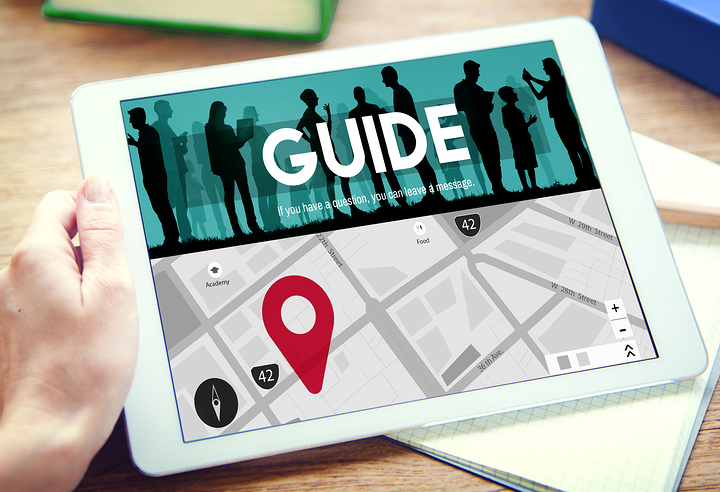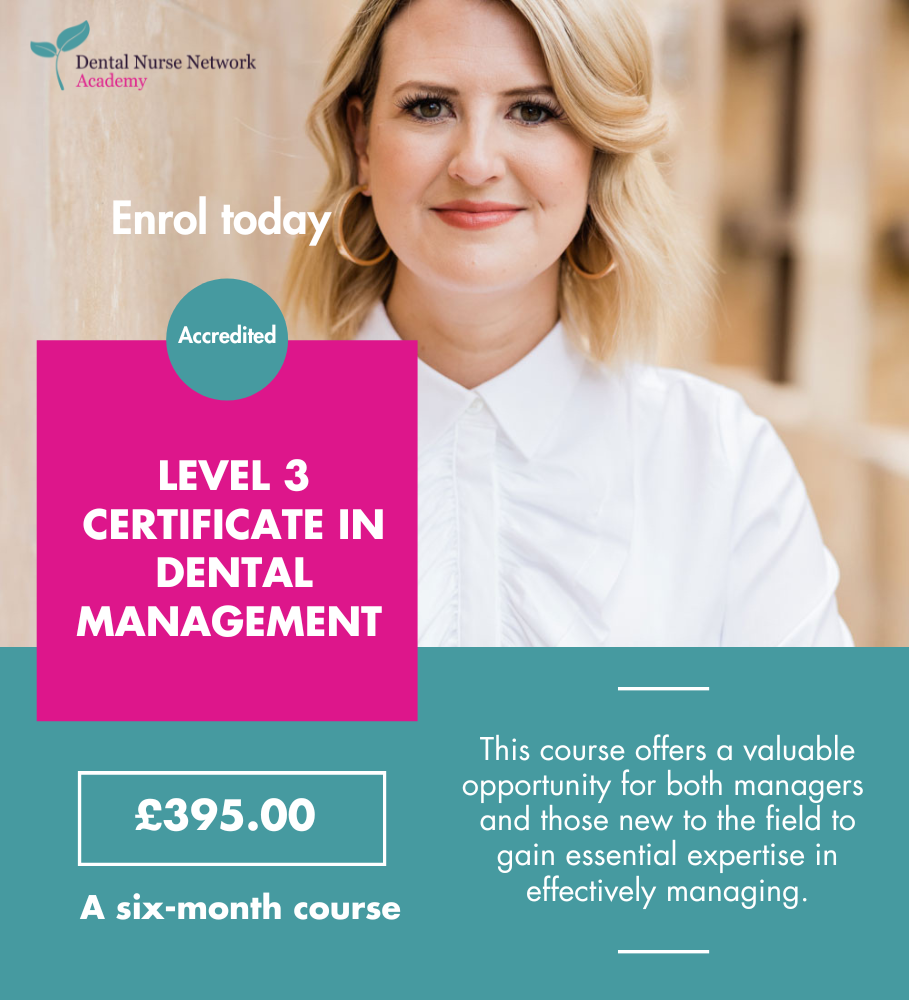 Social media makes up a large part of our day-to-day lives, and many dental nurses (as well as other professionals) will use it to find their community of like-minded individuals; people with whom they can converse about their industry, share the latest news, and even vent about their bad days at work.
Social media makes up a large part of our day-to-day lives, and many dental nurses (as well as other professionals) will use it to find their community of like-minded individuals; people with whom they can converse about their industry, share the latest news, and even vent about their bad days at work.
However, in times when people need nothing more than a name to be able to trace your place of work, and where potential employers will comb social media accounts for any problematic content, it has never been more important for each of us to uphold our professional persona; no matter where we post, everything online is on record as soon as we hit that button.
Dental Nurse Groups
Dental nursing groups are a fantastic way to find a community of people who can relate to your latest news, be it an achievement or a woe, but they are also places where we can become too comfortable too quickly and may find ourselves behaving in ways that are not exactly appropriate to our professional standing. While it is natural to need to vent about your working days (particularly ones that were difficult) or to want to share advice with others, it’s important that we remember a few rules of social media etiquette to keep ourselves, and our jobs, safe.
- Maintain boundaries – Do not share identifying details about your place of work, your colleagues, or your patients. Not only could you be at risk of breaking GDPR by sharing confidential information, but you can also land in hot water with your employer should they find out you’re talking negatively about their practice or sharing sensitive data – even if you think it’s just a ‘fun anecdote’. Posting about your workplace online, regardless of the context, can lead to many (sometimes legal) problems that you’re best off avoiding, and can result in a loss of job or, even worse, being struck off the GDC register.
- Be kind – While you may want to share your advice with your peers, it is important you do so in an empathetic and kind way. Rudeness can quickly lead to upset, which can lead to problems like those above should the person you’ve spoken to decide to try and contact your employer regarding your behaviour. While this would be an extreme scenario, it’s wise to keep in mind so that you don’t get into trouble through a few misspoken words. It also helps future career prospects if you are seen as a kind person rather than gaining a bad reputation for being mean and rude.
- Be smart – Ultimately, you should practise the same social media etiquette surrounding safety and privacy as you would on your own personal page, and that includes not sharing or posting content, even on dental nursing groups, that others could find offensive or that you wouldn’t want your employer or colleagues to see. While some groups are set to ‘private’ – meaning only members of the group can see the content – this does not prevent screenshots from being shared, nor does it stop someone you know from being in the group too. After all, it wouldn’t be the first time that someone has lost a job, or worse, because of something they posted online in the belief it wouldn’t be seen by their employer – but it then was.
Community Posts
You may like to interact with your local community via social media, and this is a great way to make friends, build support, and get to know those in your immediate area. But doing so requires the same precautions as those outlined above – maintain boundaries, be kind, and be smart. Why? Because while community groups can be an excellent way to keep up with local news and a good way to have your say, you need to remember that whatever you do and whatever you post is a reflection on your practice as well as on you. As above, if you do not want your employer to see it, then don’t post it! It is all too easy for an offended party to use your social media information – even just your name – to trace your place of work and make a formal complaint that your employer will have no choice but to act upon. It will also sully your name and the practice in the process.
There are also occasions when dental nurses see a dental-related post, usually asking for advice, and proceed to provide it. This is a big NO. You may just want to try and help the public – especially those with issues accessing dental care – by providing advice and even suggesting a diagnosis, but you are not actually qualified to do so. If you want to help, then suggest that they visit a dentist, or point them towards resources for where to find their local practice, rather than trying to diagnose them yourself; this is outside of your scope of practice and can have legal ramifications.
Employer Reactions
It may seem extreme to have to censor your social media behaviours in such a way, but this is something that has become the new ‘norm’ for many a professional who wants to keep their job – especially if it’s a job that entails maintaining the trust of the public and providing their healthcare. Employers have a duty to ensure their patients feel safe and cared-for in their practice, and they can only do this if all the employees are behaving in ways that reflect well on the business 24/7 – including online. Should you make a post or comment which causes offence, it will be quite easy for a member of the public to find your place of work using your online name, and then use the post to make a complaint against you. In turn, this could put your job, and perhaps even your registration with the GDC, at risk. Remember that as much as our employers are there for us, they are also trying to run a business that relies heavily on a strong positive image and a good social standing. If you do something that flies against that, then they will have to put the business and its needs first.
Summary
In days where anything we post online can be screenshot, shared, or shown around, and with many employers choosing to check potential candidates’ social media accounts for anything problematic before giving a job offer, we must remember to conduct ourselves professionally – not just for ourselves, but for our practice and patients, too. Our representation of our place of employment does not end just because our shift is over; it continues far past that, as people are all too happy to report negative or bad behaviour to employers, believing they are doing the right thing. Especially as people who work in healthcare, who are charged with caring for patients and helping them through their dental journey, it’s vital that we do not behave in a way that compromises the trust the public has in us, that we always work within our scope of practice and do not provide ill-placed or incorrect advice, and that we uphold our professional status, no matter the time of day.
By Natasha Garthwaite BSc, RDN

